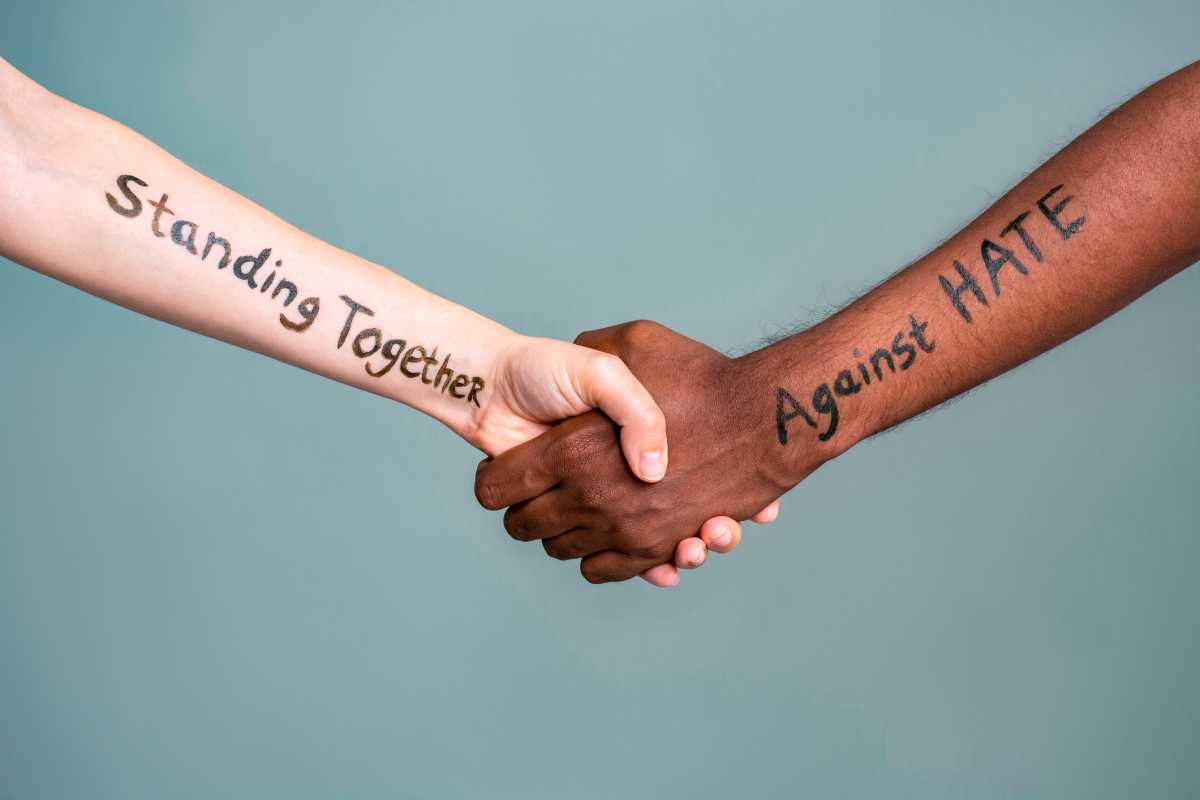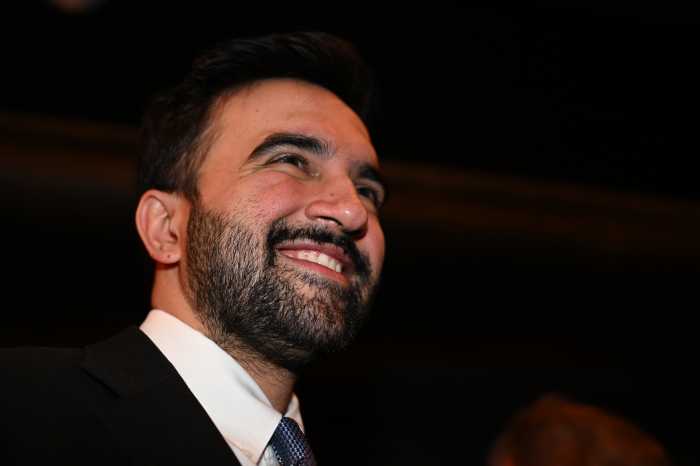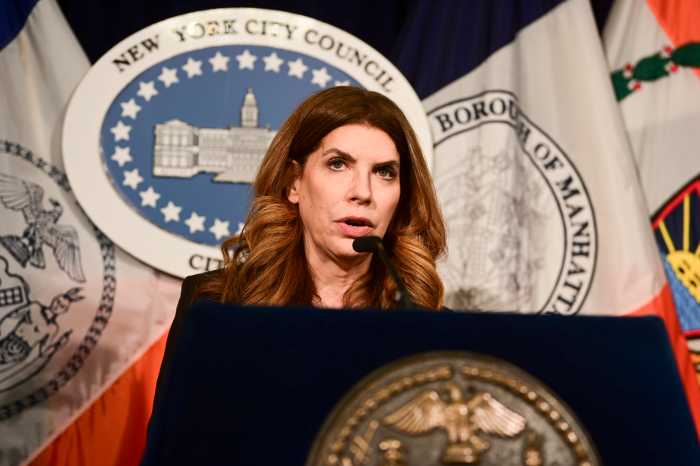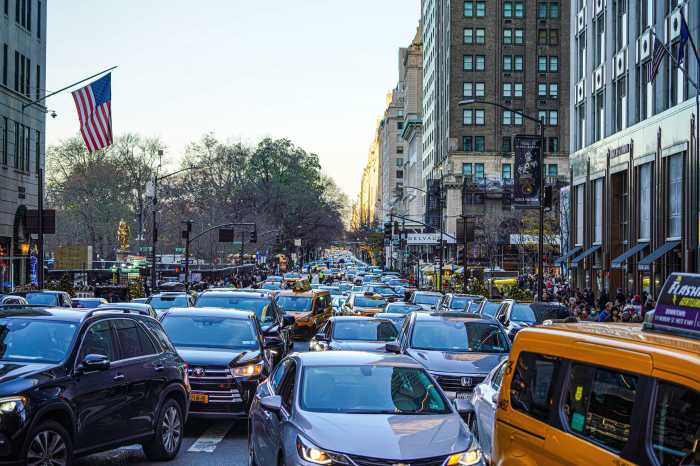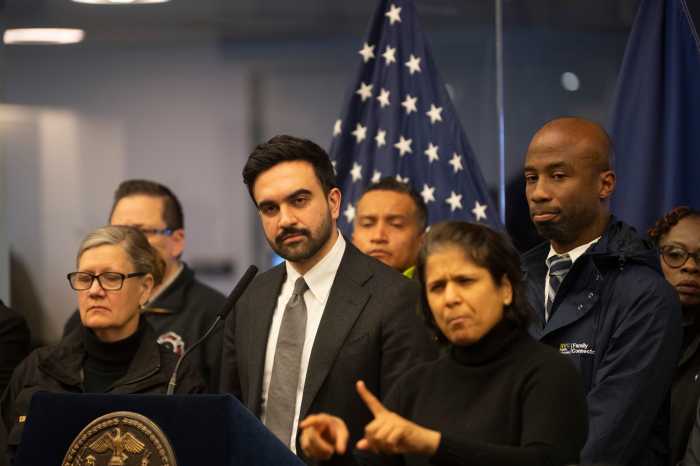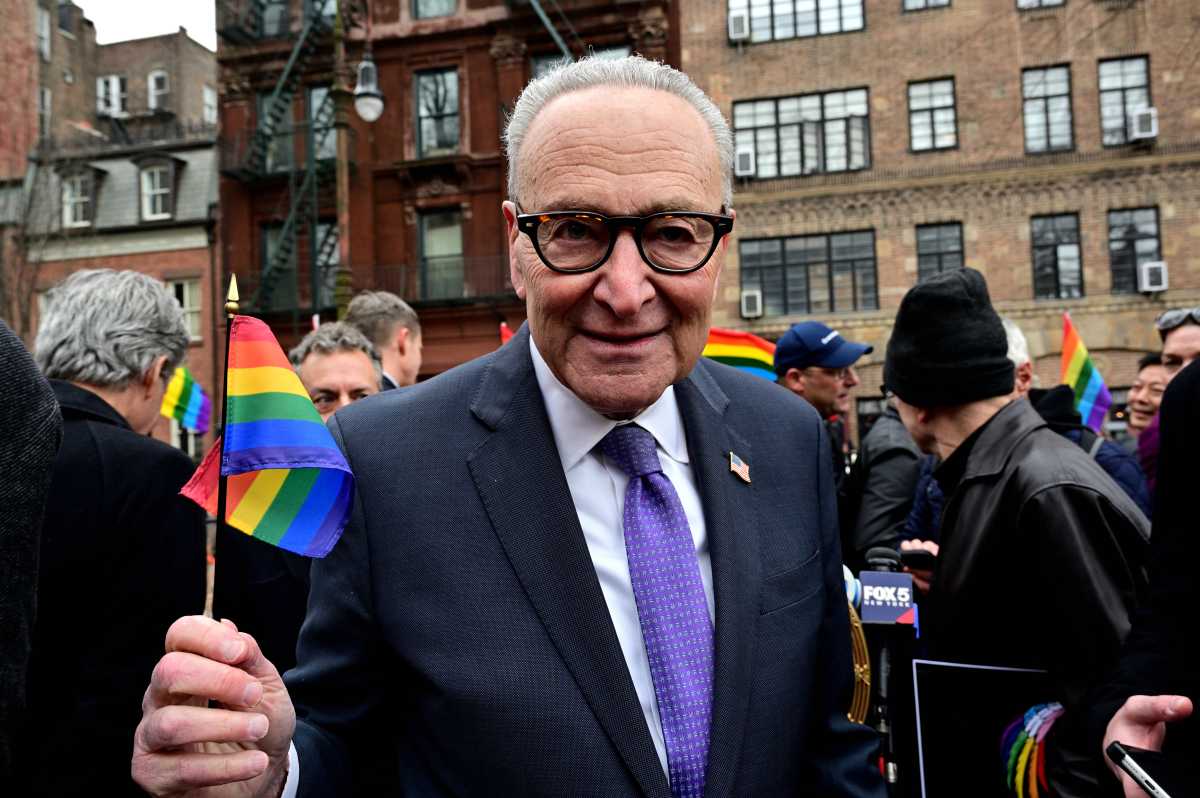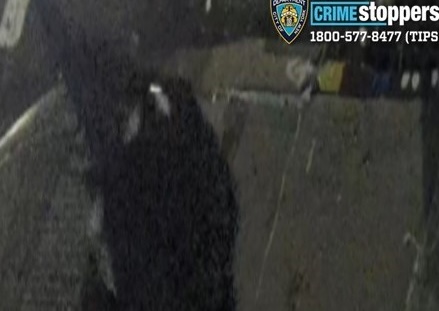October 1st marks the start of Hate Crimes Awareness Month, a time for New Yorkers to reflect on the impact of hate and recommit to creating a city where everyone feels safe. But awareness, while playing a major role in New York’s 21 percent drop in hate crimes from one year ago, isn’t enough.
We’re also prioritizing action.
It is our job to make sure no New Yorker ever feels unsafe because of their ethnicity, culture, religion, or identity. Hate crimes are not isolated incidents — they threaten the safety, dignity, and resilience of all New Yorkers — and tackling this problem requires a comprehensive approach that includes awareness, education, and open dialogue across all of our diverse communities.
In addition to the outstanding work our partners at the NYPD do to respond after a hate crime is reported, here are the community-driven solutions we’re leading to help further drive our hate crime numbers down and stop them before they occur:
- Building bridges with the city’s leading religious, ethnic, and cultural leaders.
- Hosting multicultural conversations in New York’s most vulnerable communities.
- Organizing youth-centric programming to prevent the next generation from enduring similar challenges.
Building bridges means bringing dozens of the city’s top religious, cultural, and ethnic leaders — from all five boroughs — together for regular meetings to discuss how words, actions, and even symbols can inflame tensions and stoke the flames of hatred. When we foster understanding between these leaders, they’re able to share those lessons with their communities — thousands of New Yorkers at a time.
It’s also critical these leaders — such as Jewish, Muslim, Christian, Asian, LGBTQ+, and more — are seen together, publicly reinforcing the message that all New Yorkers deserve to feel safe.
In the community, this year, we launched our “7 on 7” initiative, a seven-part community dialogue series designed to engage and uplift historically marginalized communities along the 7-train line, a cultural artery of the city. The goal is to foster deeper understanding and healing by creating safe spaces for people to share their experiences and build stronger connections.
“7 on 7” is part of our broader efforts to support — often with grants — local events and initiatives that bring different cultures together. The more we come together to experience one another’s humanity, the less likely we are to see others through the lens of hate.
We also have our “Breaking Bread, Building Bonds” program, where we learn about our common bonds, share our cultures and traditions, and break down silos between our communities. We are organizing more than 20,000 meals and conversations with members of the diverse communities that make up our city.
Our third major push is into youth programming. There is no better way to prevent future hate crimes than to engage with our future leaders today.
We’ve launched and expanded several youth anti-hate programs, including NYC Youth Moving Forward Against Hate, the HeArtWork Against Hate art contest, and our new Youth Ambassador Leadership program that engages New York city school students in critical conversations about recognizing hate and standing against it. By empowering youth to become informed and empathetic leaders, we’re helping to build a more respectful and unified city from the ground up.
We want to teach acceptance and respect long before young people become a perpetrator — or a victim — of a hate crime.
But the work of creating a city free of hate cannot be done by any single office or government agency. It requires a collective effort, and every New Yorker has a vital role to play.
Here are three ways you can help us build a city free of hate:
- Your voice.
- Your solidarity.
- Your cell phone.
The most powerful tool we have is our voice. When you witness an act of prejudice or a hate crime, speak out. Don’t be a bystander. Your words and actions can disrupt a harmful situation and send a powerful message that hate has no home in our city.
Beyond speaking out, you can take a stand by supporting your neighbors and fostering respect in your daily life. Simple acts of kindness and solidarity can be transformative. Get to know people from different backgrounds and seek out conversations that broaden your perspective. These are the first steps toward dismantling the walls that divide us — and realizing our shared values of dignity and respect.
Finally, you can help by picking up the phone and reporting a hate crime if you experience one or witness one. We know many victims are afraid or hesitant to call the police — often due to cultural norms or language barriers — but reporting is critical.
Reporting hate crimes ensures survivors receive the support they deserve, helps hold perpetrators accountable, and allows the city to respond in other ways as quickly as possible.
Every report sends a clear message: hate has no place here, and these acts will not be tolerated.
This Hate Crimes Awareness Month, let’s make a promise to ourselves and to our city: let’s move beyond being simply aware of hate, and, instead, commit to taking action against it.
Every New Yorker has the power to be a catalyst for change. By speaking out, supporting our neighbors, and modeling respect, we can all help build a city free of hate.



